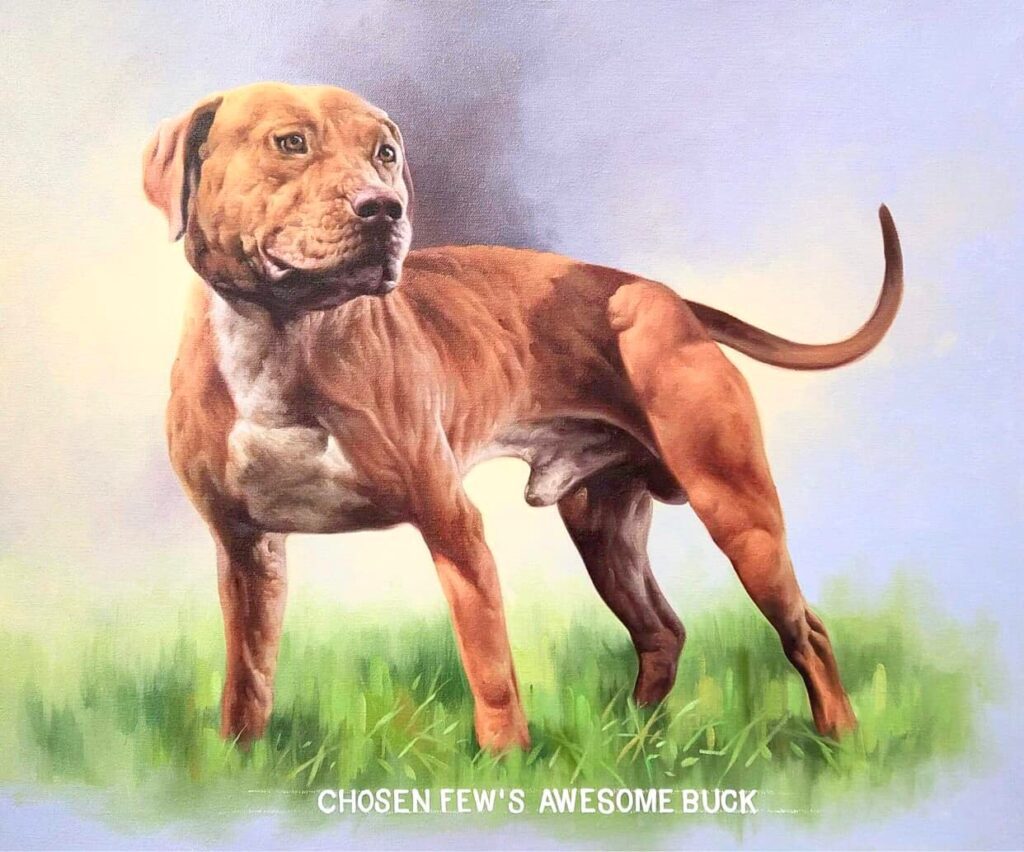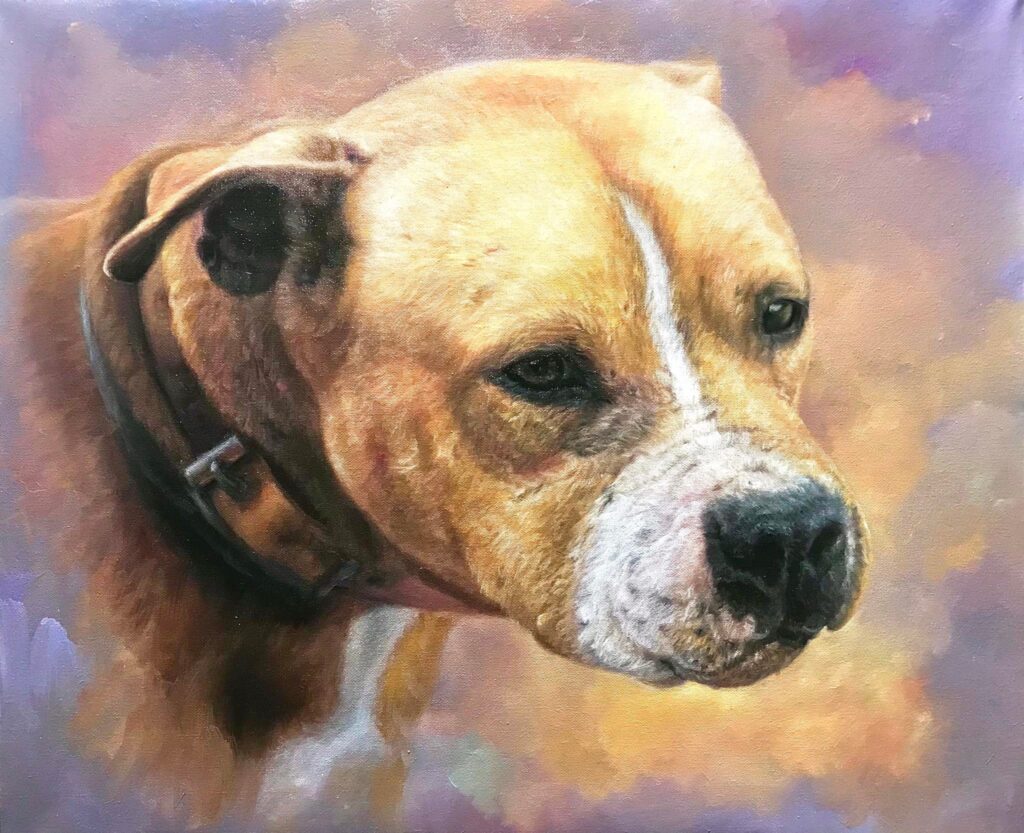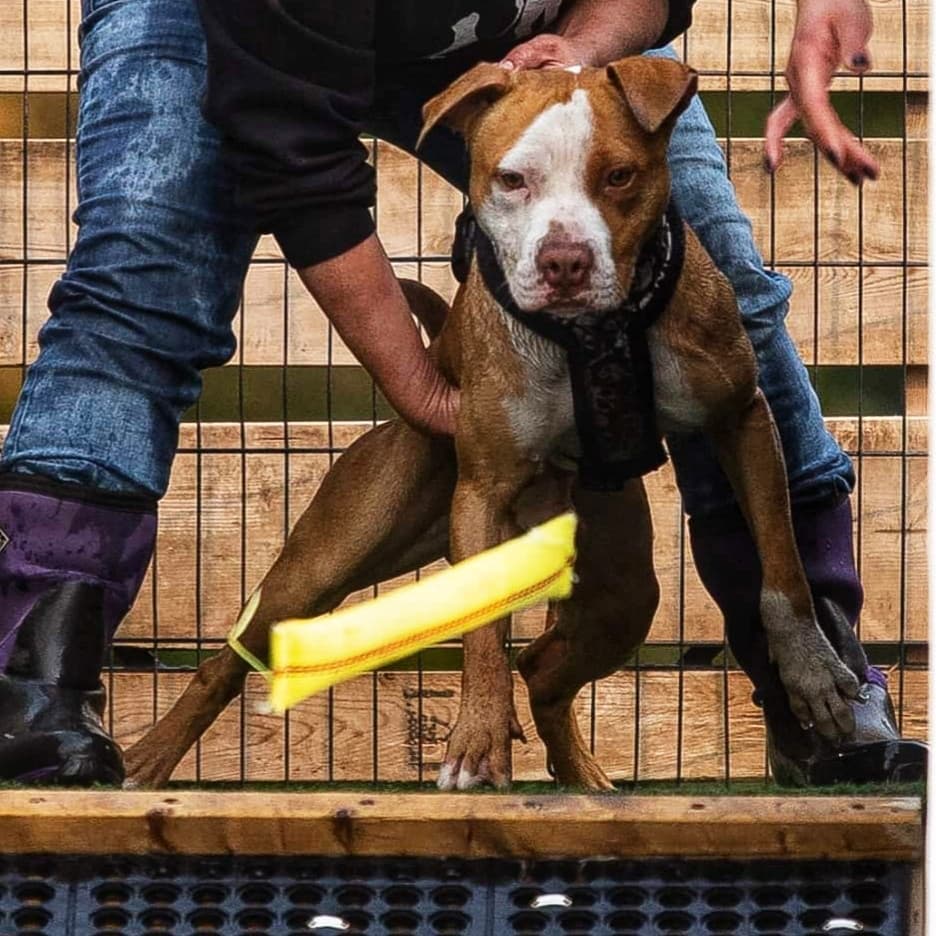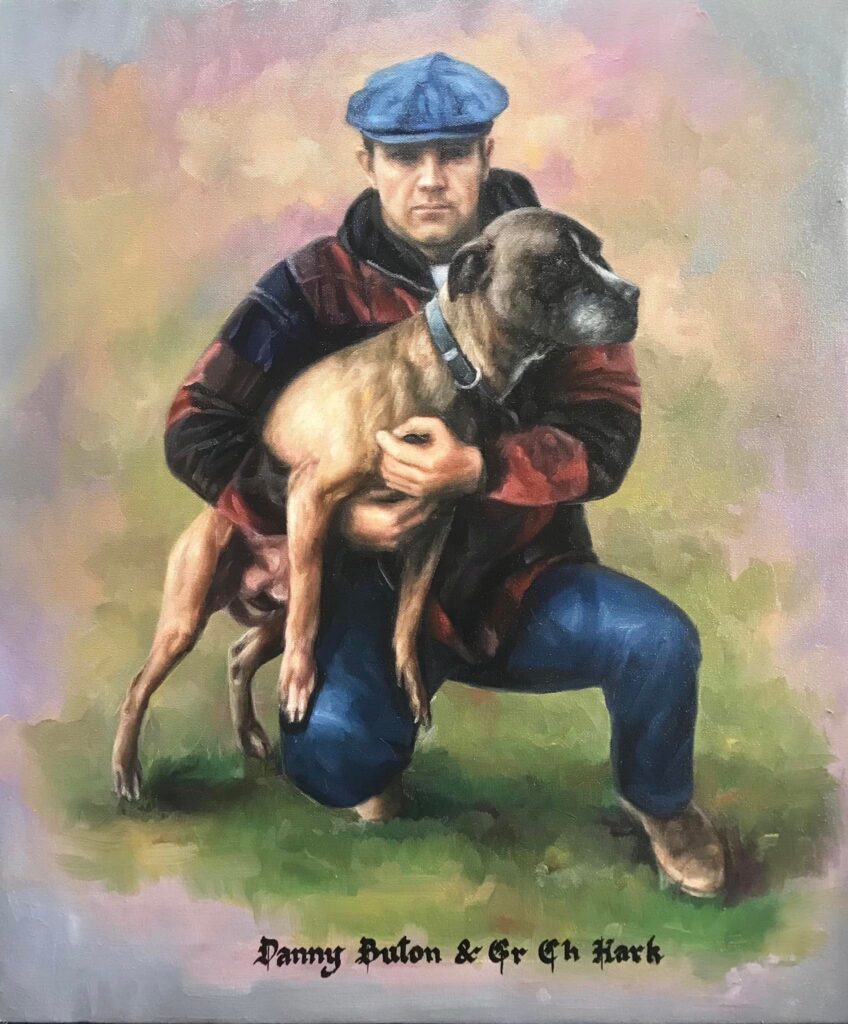Search Posts
Recent Posts
- The Long Goodbye January 18, 2024
- Once More Around the Mulberry Bush January 9, 2024
- The Wash December 28, 2023
- The Truth About Carver Dogs December 1, 2021
- The Question of Pain November 9, 2021
Categories
Subscribe!
Thanks for subscribing! Please check your email for further instructions.
The Wash
According to humaniacs, the venality of pit dog men is shown by their lack of trust in each other as evidenced by the wash, which is a normal occurrence after the weigh in. It is obviously a specious complaint as methods of protecting against cheating are not only present in all sports, but they exist in government and business, too.
The wash is thought to be a protection against any attempt to poison an opponent’s dog by placing some noxious substance on the coat of your dog. This is very difficult to do without affecting your own charge, and as Ralph Greenwood once said, “If you can’t wash it off, your dog won’t be able to lick it off.†I tend to agree. In fact, I’m inclined to think that the wash came into the sport for other reasons.

We must remember that dog people had to operate without antibiotics for many decades, as they didn’t become available until after the second World War. I remember those days, and I recall the great godsend they were considered by the dog men of the time. In fact, like everyone else, including doctors, they tended to overuse them, as they could magically clear up infections.
There are two problems to overuse of antibiotics: one is that the bacteria develop an immunity. After all, the only ones that survive are the ones that had a touch of immunity. Second, there are beneficial bacteria that few doctors or scientists knew about in those days. Yeah! There are actually good bacteria that help our dogs. They exist all though their bodies, just as they do with us. So, there were some unforeseen problems with antibiotics. But I digress.

It is interesting to note that dogs recovered fine before the advent of antibiotics, even if it took a little longer. Wounds were treated by antiseptics, compresses, and warm poultices. I asked many questions of old-time dog men about those days. I was told that the pit was often washed before rolling dogs or matches, and dogs were not infrequently washed before rolls, too. In addition, the pit was covered with creosote as an extra precaution. I even witnessed some of that, as antibiotics had barely penetrated the public by the forties when I first got into the dogs.
The wash is still nearly always used, and I’m truly in favor of it. As an aside here, I once wrote a little book about Border Collies. Since I wasn’t involved with them, I had to do some research. There are such things as sheep dog trials. These begin with a great “outrun†for the dogs to head off the sheep, as they are bred to bring them toward the trainer. During my investigation I got to know a lot of breeders, of course, as well as trainers. I remember one fine dog perished from overheating. Having that happen reminded me that all dog sports, just as all human sports, have some element of risk for the dogs. It also reminded me of just how bulletproof our dogs are, as their output in energy is at least equal to the running of Border Collies, and we are insufficiently mindful of the heat. I’ve heard some dog men say such stupidities as, “Heat will bring out the quit in them.†True, but even our dogs can die of heat exhaustion alone, often astounding the owner.

But let’s get back to the sheep dog trial. To counter even the mildest of warm days, the sheep dogs are dipped in water, using the same type of wash tubs that are used for the wash with our dogs. Upon seeing that, my wife was amused, and she commented, “They’re going to wash the dogs. Maybe this won’t be so different after all!â€
Getting back to our dogs, normally two tubs are used in the wash. One is for the wash, and the other is for the rinse. The same tub is used for both dogs, as there is no worry about the dogs being poisoned when washed in the same water.
Sometimes dog men will agree not to do a wash. I don’t fault that, but I think it is better to wash the dogs, just to wash off the mildest of contaminants, and to help prevent infection. However, I understand not doing the wash, especially if it’s cold.

I think that dog people make a mistake in not bathing the dogs before a roll, especially if he’s going to be a match dog. It’s a new experience in a strange locale, and I’ve seen more than one dog spooked by the wash. And they were good dogs, too. If the dogs haven’t traveled much, the change is somewhat traumatic, and the wash can be quite disquieting if they haven’t experienced it before.
I always appreciated dog men who always washed their dogs before schooling rolls. Not only are they helping the animals in resisting infection, but they are introducing the dogs to the procedure before the actual match. Most dogs get to the point that they enjoy it.
Normally, the handler of the opponent’s dog washes your dog (or his second); however, a good modification is to let the owner wash his own dog. Usually, the owner of the other dog watches it, and he can ask the opponent’s owner to wash a specific area more thoroughly. It’s not usually necessary, but at least he has that right.
Far from being a sign of the iniquity of pit dog men, it is a good thing for the dogs, and it just makes good sense for a variety of reasons.